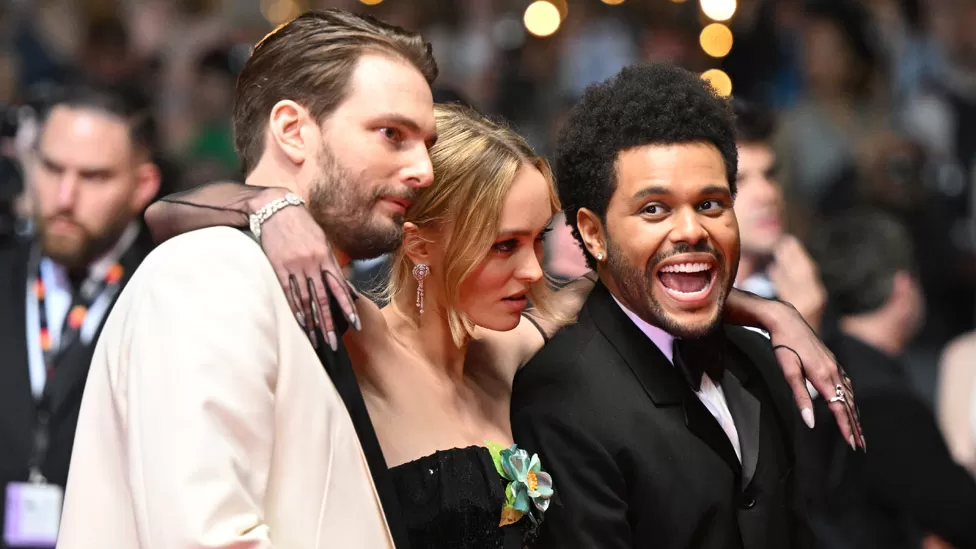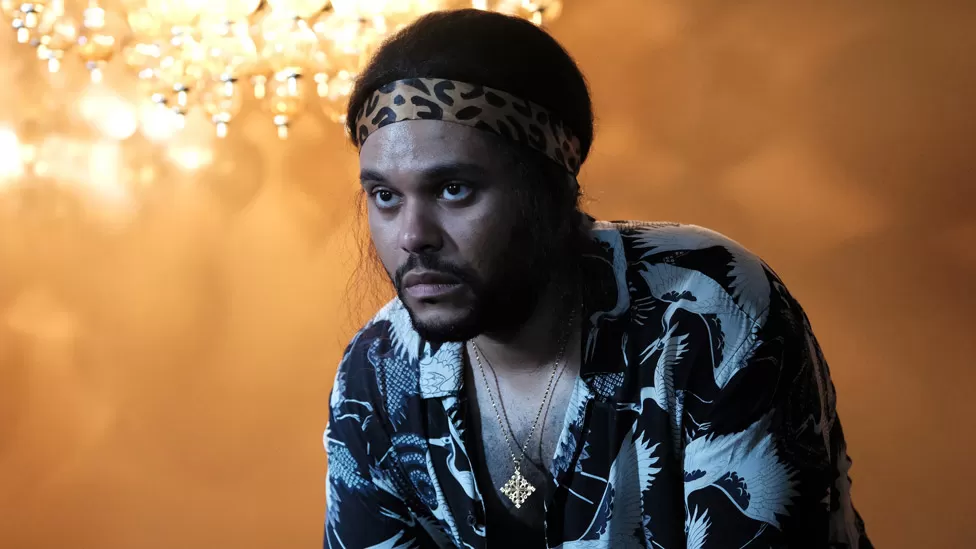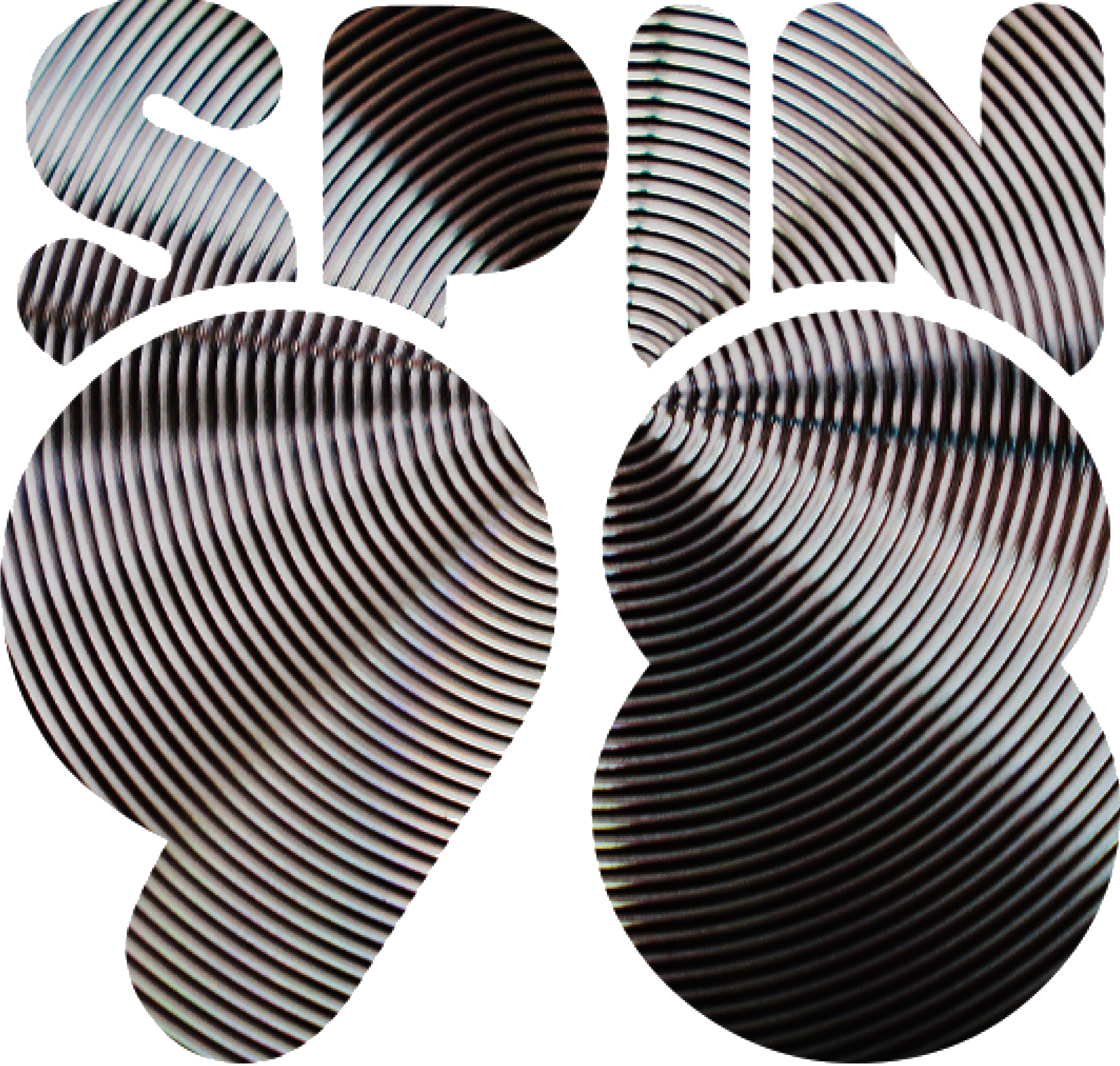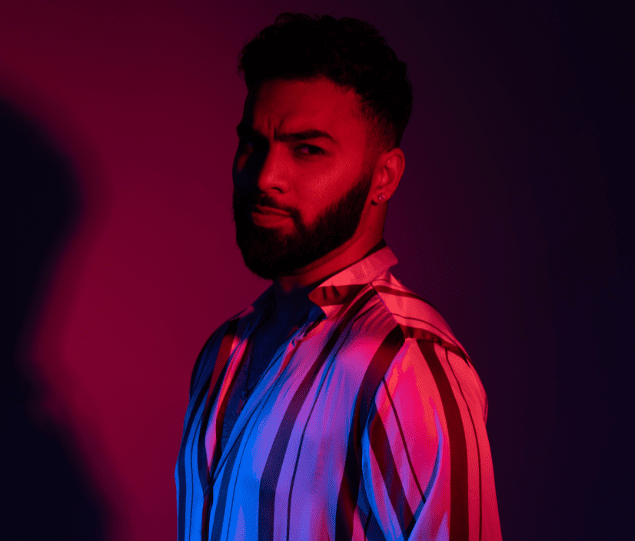
“The Idol”: From Highly Anticipated to Summer’s Biggest Disappointment
Anticipation was high when Sam Levinson, creator of “The Idol,” predicted that his provocative drama would be the standout show of the summer. However, now that the series has concluded, TV critics have delivered their final verdicts, and the consensus is clear: “The Idol” was a major misfire.
Reviews from esteemed publications have been scathing, with The Telegraph declaring it “surely the worst TV show of the year,” while the Guardian went even further, labeling it “one of the worst programs ever made.” The Guardian’s Leila Latif described it as a “painfully tedious TV non-event” with a lackluster finale that fizzled out like a damp squib. Latif did not hold back in her criticism of Lily-Rose Depp’s performance as troubled pop singer Jocelyn, calling it “limp, glazed-over, chain-smoking nothingness.”

The Weeknd, who also appeared in the series, faced even harsher scrutiny. Latif suggested that “a performance from Abel ‘The Weeknd’ Tesfaye should be tried at The Hague,” referencing the International Criminal Court’s location in the Netherlands. The prevailing sentiment was that the show was not only shockingly boring but also attempted to make occasional points about feminism and the #MeToo movement in a way that hindered the enjoyment of the viewing experience.
Ed Power of The Telegraph concurred, describing the series as “toe-curlingly naff and sexist” and maintaining an unrelenting awfulness from start to finish. The final episode solidified its position as not just the worst TV show of the year, but potentially one of the biggest flops in recent memory. Power compared it to the Dark Side of the Moon of terrible television, questioning how it even made it onto screens in the first place.
Critics directed their criticism at the vacant performances of Depp and the stiff delivery of The Weeknd, suggesting that HBO, once renowned for its prestige TV, had delivered a significant blow to its reputation with this ill-conceived series.

Rolling Stone‘s Chris Vognar acknowledged that HBO had experienced mishaps in the past but lamented the atonal mishmash of character motivations, narrative dead-ends, and unconvincing sex scenes in “The Idol.” The finale, while not a complete disaster, was not enough to salvage the series as a whole.
In the Hollywood Reporter, Lovia Gyarkye expressed bewilderment at the disorienting finale, highlighting how far off Levinson’s prediction of “the biggest show of the summer” turned out to be. The problems with “The Idol” extended beyond its gratuitous nudity and juvenile eroticism, as the show suffered from a thin plot and incoherent storytelling. Storylines were introduced and abandoned haphazardly, leaving attentive viewers perplexed.
Character development, acting, pacing, and tone were all areas where “The Idol” fell short, according to Gyarkye. Despite its shortcomings, she acknowledged that the season did offer glimpses of potential and some inspired moments that hinted at what the show could have been.
In the end, “The Idol” went from being a highly anticipated series to the summer’s biggest disappointment, leaving both critics and viewers questioning how such a promising concept could veer so far off course.




